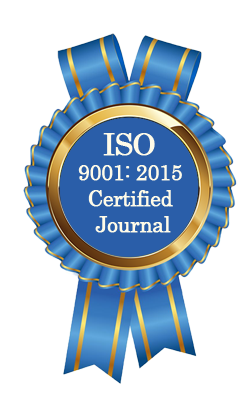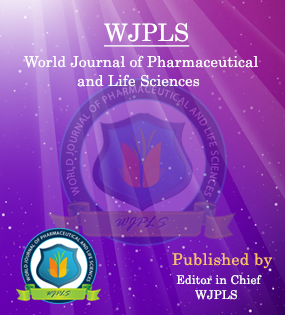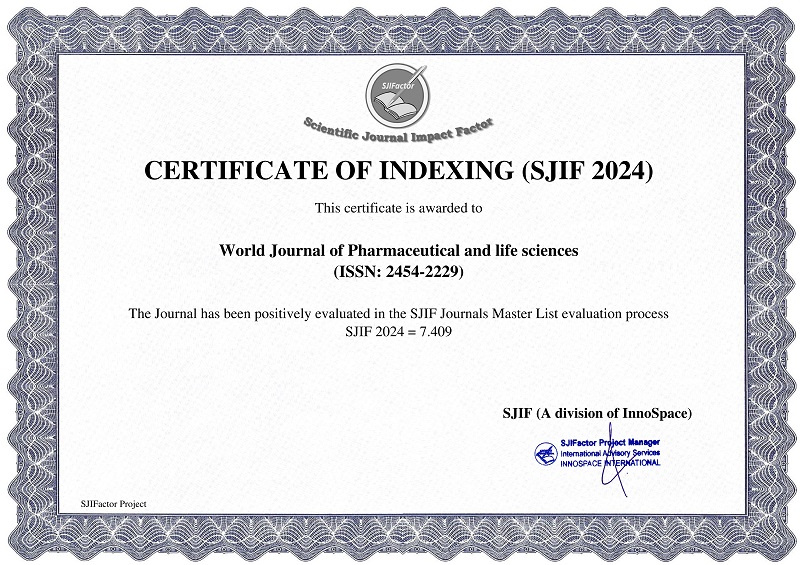Abstract
AN OVERVIEW ON RUTIN PLANT
Sadgir Sudhir Gajanan*, Madane S. G., Game G. S., Waykar V. N. and Dighe T. B.
ABSTRACT
Flavonoids are currently considered a special class of medicinal chemicals by the scientific community because of their wide range of therapeutic applications. Of them, rutin—also referred to as rutoside or vitamin P—has been studied for a variety of pharmacological effects. Rutin is an active component of numerous foods, including tea leaves, apples, and many others. These days, rutin's nutraceutical properties have been noted. The current review focusses on the most recent findings and the benefits of rutin for health. In addition, concerns related to safety pharmacology and SAR have also been addressed. Rutin's low bioavailability is a severe drawback that is mostly brought on by its low solubility in water, unstable nature, and restricted membrane permeability [table 1]. This is a significant component that prevents rutin from having any biological effects in vivo, even if it may exhibit bioactivity in several in vitro systems. Furthermore, rutin's low liposolubility makes it impractical for topical usage.
[Full Text Article] [Download Certificate]WJPLS CITATION 
| All | Since 2020 | |
| Citation | 590 | 424 |
| h-index | 12 | 10 |
| i10-index | 17 | 14 |
INDEXING
NEWS & UPDATION
BEST ARTICLE AWARDS
World Journal of Pharmaceutical and life sciences is giving Best Article Award in every Issue for Best Article and Issue Certificate of Appreciation to the Authors to promote research activity of scholar.
Best Article of current issue
Download Article : Click here





